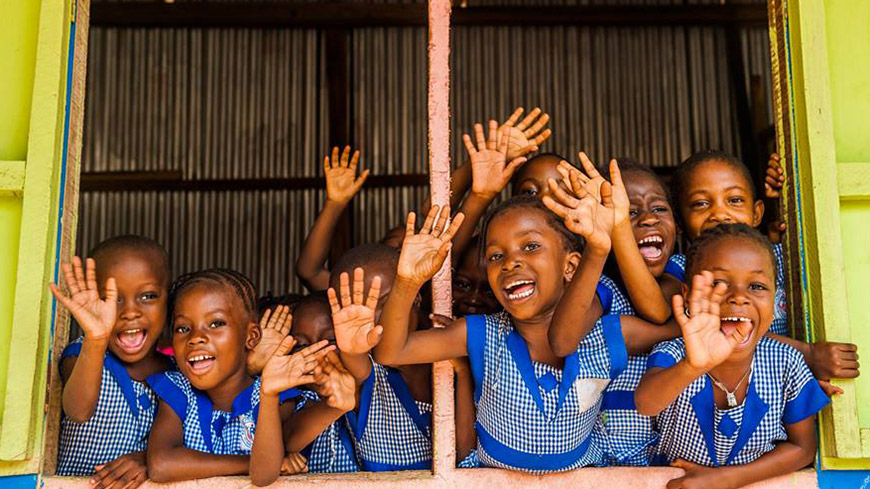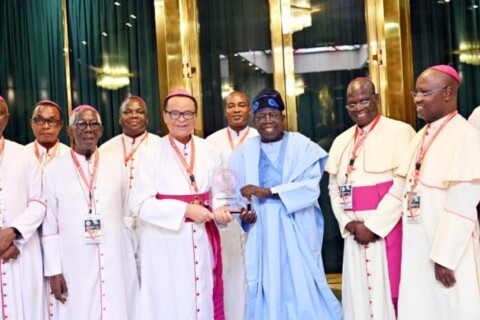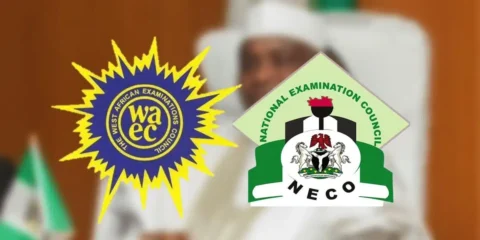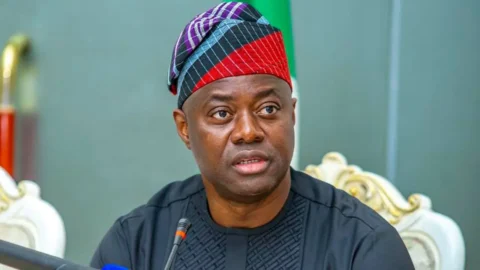UNICEF has emphasized the urgent need for increased investments in Nigeria’s primary education. Michael Banda, the education manager for UNICEF in Kano, made this appeal during a media dialogue in Zaria focused on children’s advocacy priorities. The event gathered news and program managers from Kano, Katsina, and Jigawa states to discuss pressing educational issues.
Banda pointed out that the primary education sector still requires significant financial support, as Nigeria struggles to achieve universal enrollment. He highlighted that the country currently allocates only 1.2 percent of its GDP to education, falling far below the international benchmark of four to six percent. Additionally, he noted that even the limited funds available are not being effectively utilized, which exacerbates the challenges in the educational landscape.
He expressed worry about the uneven spending on higher education while ignoring foundational education. Banda stated, “When children in primary school cannot read, write, and count, we need to fix the budget.” He called for reallocating resources to increase spending on primary education, stressing that it is vital for the country’s long-term growth.
The alarming number of out-of-school children and the low learning achievements in Nigeria, particularly in the North-West region, were also discussed. Banda revealed that one in three children is out of school, with 10.2 million at the primary school level and 8.1 million at the junior secondary level. This statistic underscores the severity of the educational crisis facing the nation.
Banda further elaborated on the shortage of teachers, attributing it to insufficient domestic financing. He mentioned a deficit of 378,000 classrooms and approximately 278,000 teachers, indicating a significant gap in the resources necessary for providing quality education.
Samuel Kaalu, UNICEF’s communication officer in Kano, shared that the objective of the media dialogue was to engage journalists in discussions about children’s advocacy priorities. The dialogue aimed to raise awareness about the critical importance of the first 1,000 days in a child’s life and to inform the media about UNICEF’s various activities aimed at improving child welfare.
The call from UNICEF for more investment in primary education highlights a crucial aspect of Nigeria’s development. By prioritizing educational funding and resource allocation, the country can work towards improving learning outcomes and reducing the number of out-of-school children, ultimately fostering a more educated and capable future generation.





